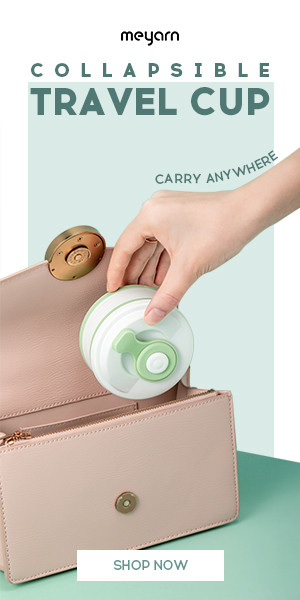5 Things to Know While Dating Someone in Recovery
Dating
can be confusing. First dates can be awkward, relating to another person can be
difficult, and building trust is a challenge. However, dating can be even
tougher if you are dating someone in recovery. If you aren’t in recovery
yourself, you may have some questions and concerns. Here are 5 things to know
while dating someone in recovery.
 |
| image:pixabay.com/photos/people-man-woman-girl-guy-talking-2557451 |
1. Figure out what their recovery
looks like.
If this seems like a trivial detail, think again.
Recovery is a life long process, and a person who is actively treating their
disease will often put their recovery before their relationship. After all,
without a program of recovery, the person may not be able to form and keep
intimate relationships.
Most people in their first year of recovery are advised
to stay out of relationships during their first year of recovery. When people
first get sober, they are vulnerable, and it is important for them to focus on
their recovery. If a relationship gets in the way of that, they may push their
recovery to the side and become susceptible to relapse.
You will want to make sure that the person you are
dating is actively going to meetings, surrounding themselves with a sober
support group, and uses healthy coping mechanisms to keep their recovery
strong. You want to ensure that their foundation in recovery is strong. If the
person you are dating is newly sober or isn’t involved in a recovery community,
you may want to think twice about getting involved with them. After all, if
they relapse, it can take a serious toll on your relationship.
2. Educate yourself about addiction
and recovery.
Whether
you do some online research or attend an Al-Anon meeting, its important to learn about
addiction and recovery. This knowledge will help you better understand the
person you are dating.
Addiction
is a disease, meaning that remission, or relapse, is a possibility. However, a
person that is vigilant about treating their disease is more likely to stay
sober. You can learn about the signs of relapse, what makes people
susceptible to addiction, and what kinds of activities support a sober
lifestyle.
You
can also learn about your partner or dating prospect’s past in addiction. Let
them tell you their story. Listen and learn about what they have been through.
Not only will it allow you to know them better, but it will build trust and
understanding between the two of you. This can help set a healthy foundation
for your relationship.
3. Learn about their triggers.
Triggers
are anything that reminds a person of previous trauma or past situations. They
may provoke an intense physical or emotional reaction, such as anxiety. When
someone gets sober, they begin to feel many of the emotions that they have
numbed for a long time. Some of these emotions will be unpleasant, and certain
events, places, or things can set off an emotional trigger.
Being
aware of another person’s emotional triggers can help you avoid exposing that
person to things that will trigger them. Whether it means avoiding a certain
bar or parties, being aware of your partner’s emotional triggers can help you
take their feelings and needs into consideration.
Most
triggers are not permanent. Over time, as a person in recovery heals and learns
how to cope, they will break the mental association between their situations
and their feelings.
4. Find out how you can support
them.
While
you can’t fix anybody, especially an addict, you can support them. If you and
the other person both work long hours and he or she needs to go to a meeting
when you want to spend time with that person, it's important to be
understanding. Let the person know that you support their recovery and what is
best for them.
Sometimes,
supporting his or her recovery can mean canceled plans, cutting dates short,
and a little self-sacrifice. If that is something that you find yourself unable
to handle, dating an addict in recovery might not be the best choice for you.
5. Set healthy boundaries.
Addiction
doesn’t happen overnight and neither does recovery. It takes people in recovery
time to heal and adjust their behaviors. Unfortunately, this means he or she might
make mistakes and act out on old behaviors from time to time. Therefore, when
dating someone in recovery you will want to make sure to set healthy
boundaries.
Make
it known what behaviors are acceptable and which ones are unacceptable. If his
or her behaviors are unacceptable, being in recovery should not serve as a
scapegoat. Instead, a person in recovery should treat you with the same respect
that you would expect from anyone else.
Dating Someone in Recovery: Are You
Ready?
Evidently,
there are many things to keep in mind when it comes to dating someone in
recovery. It may seem overwhelming at first, but most of these things are
simple aspects to having a healthy relationship. All relationships will have
ups and downs, but as long as you are prepared and committed, you can get
through whatever the relationship throws your way.
Hailey is a
recovered alcoholic who advocates breaking the stigmas that surround mental
health and addiction. Her passions include writing, hiking, and volunteering at
a women’s shelter.






















0 komentar:
Post a Comment